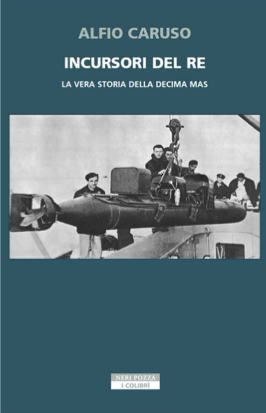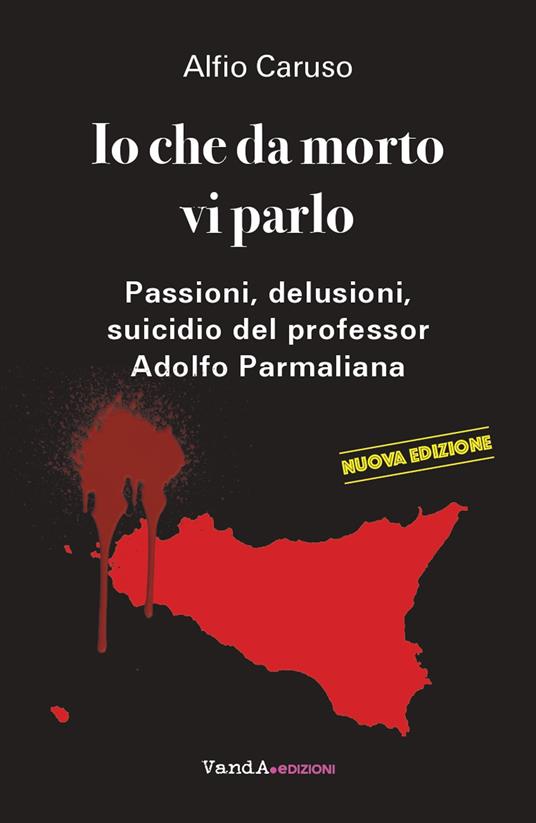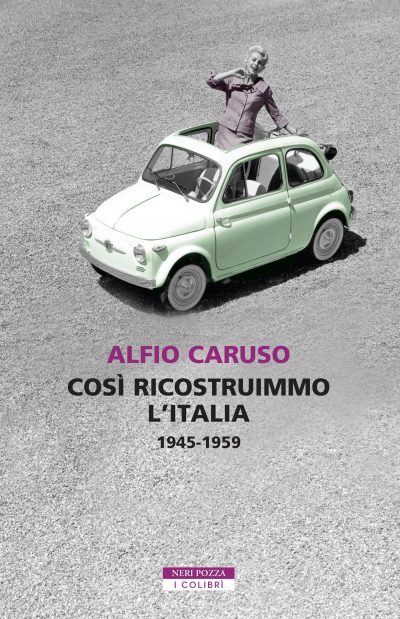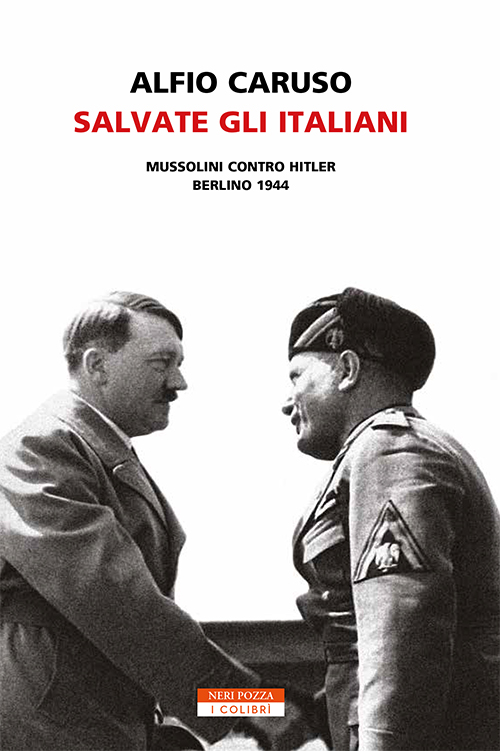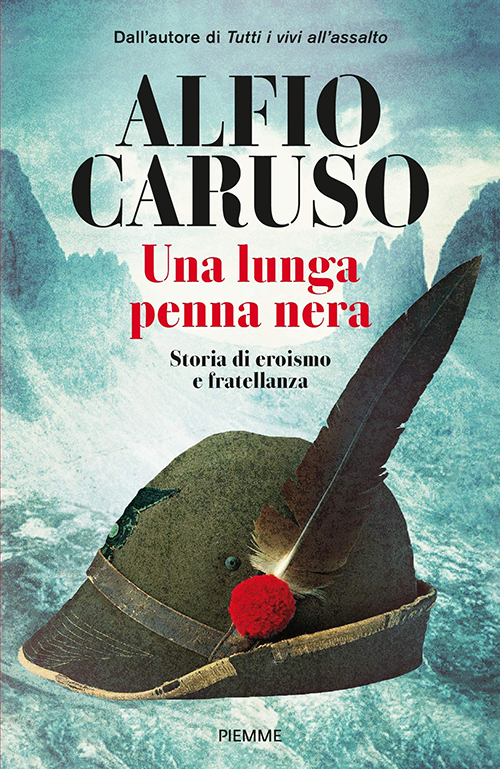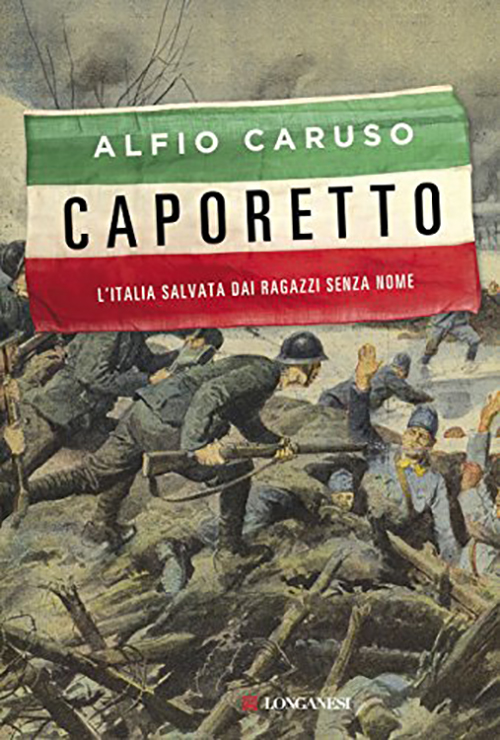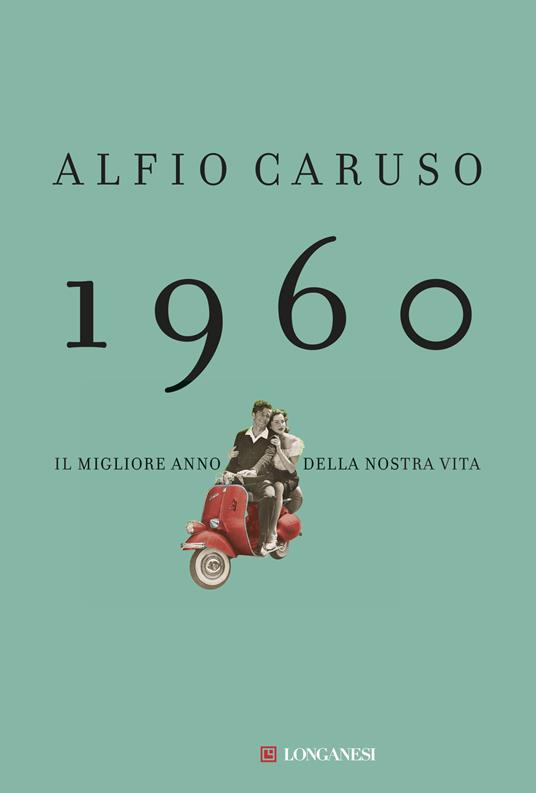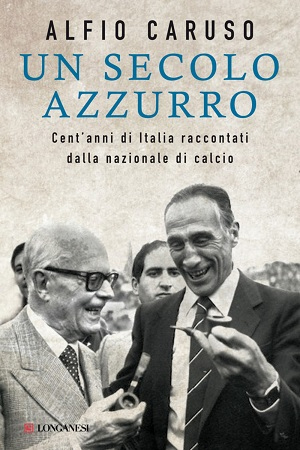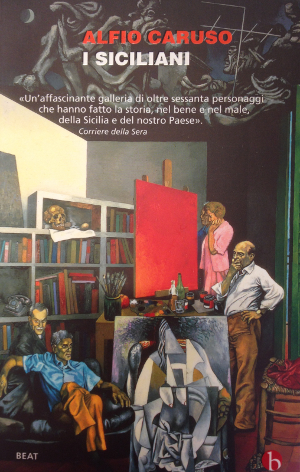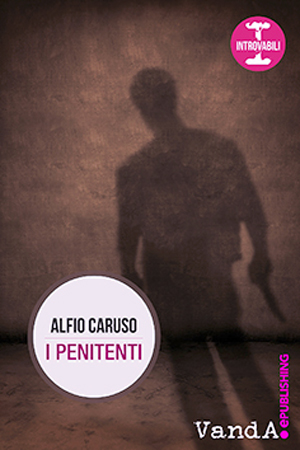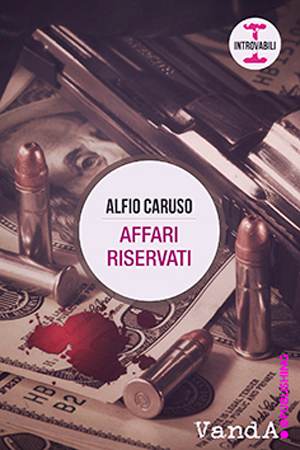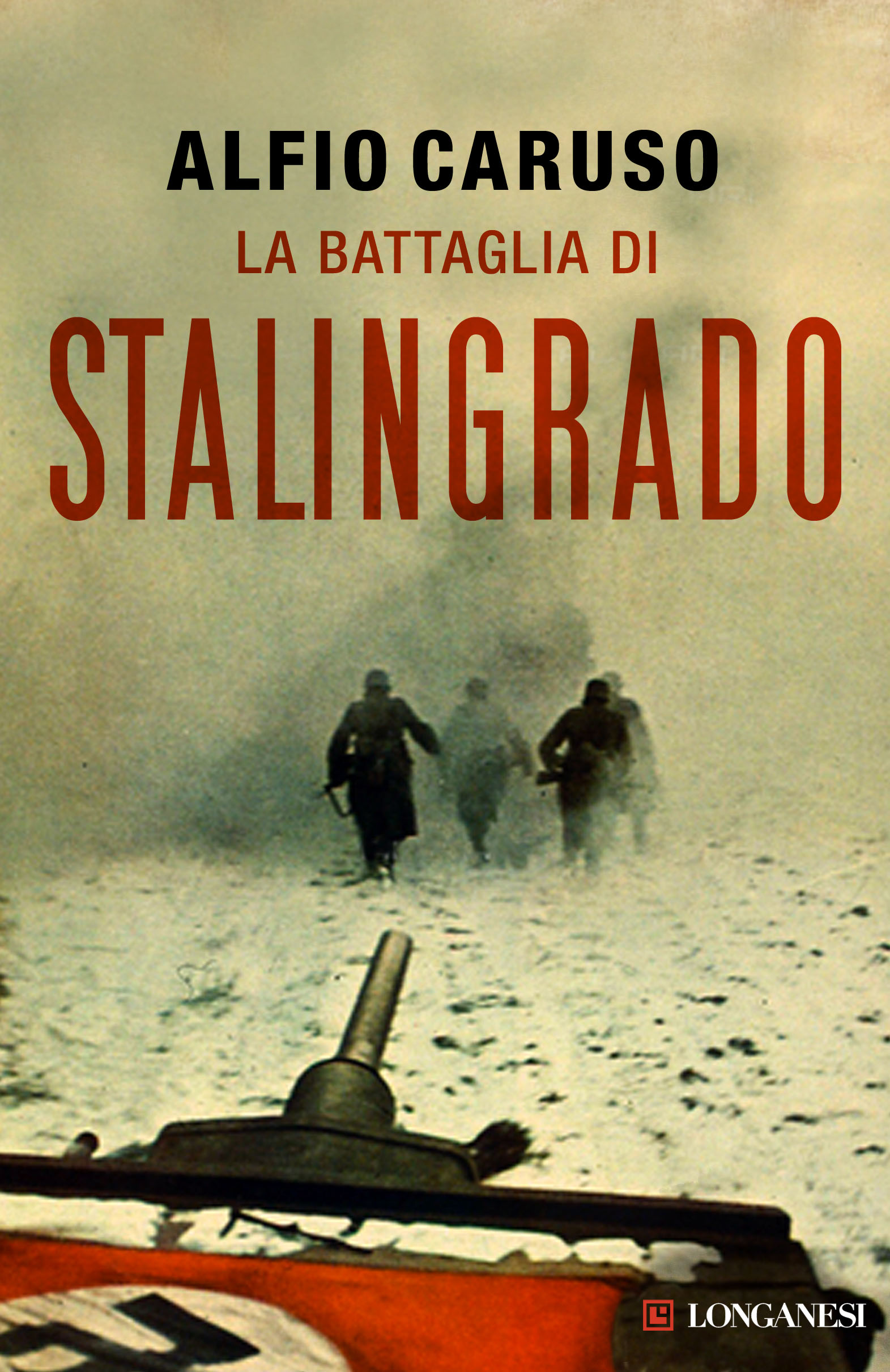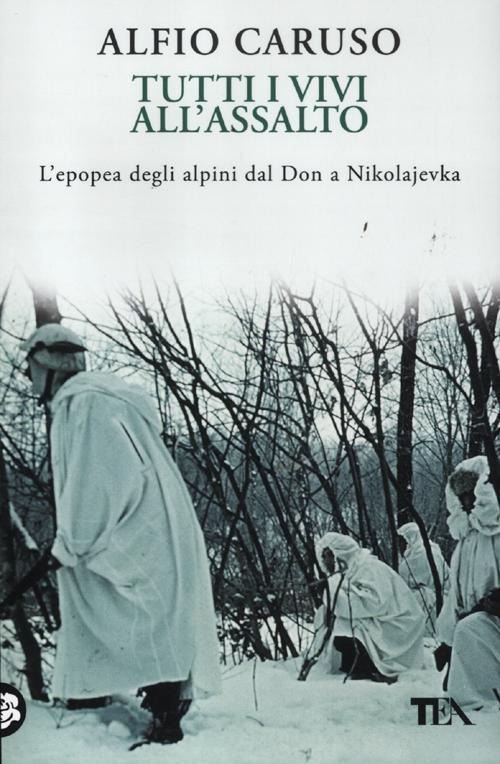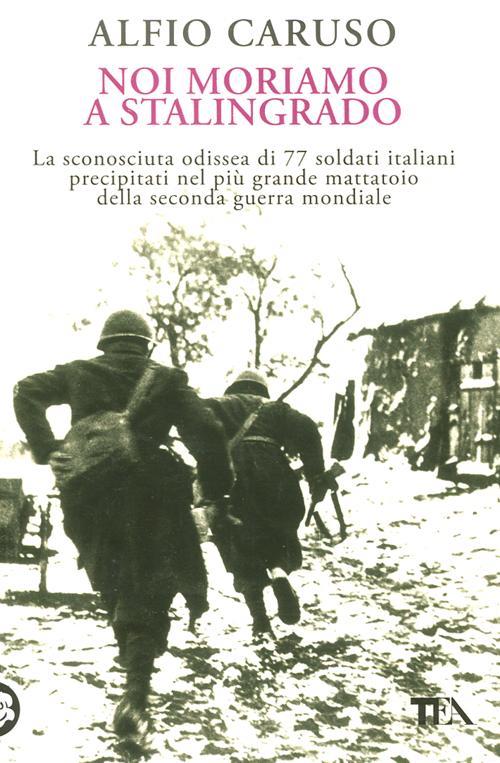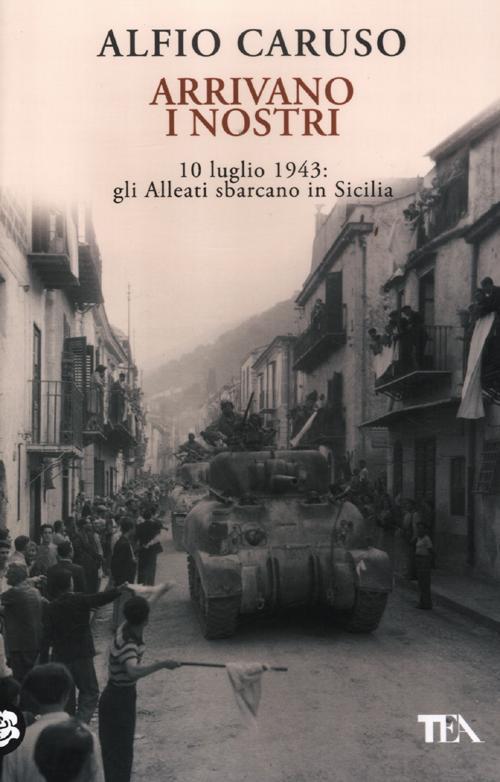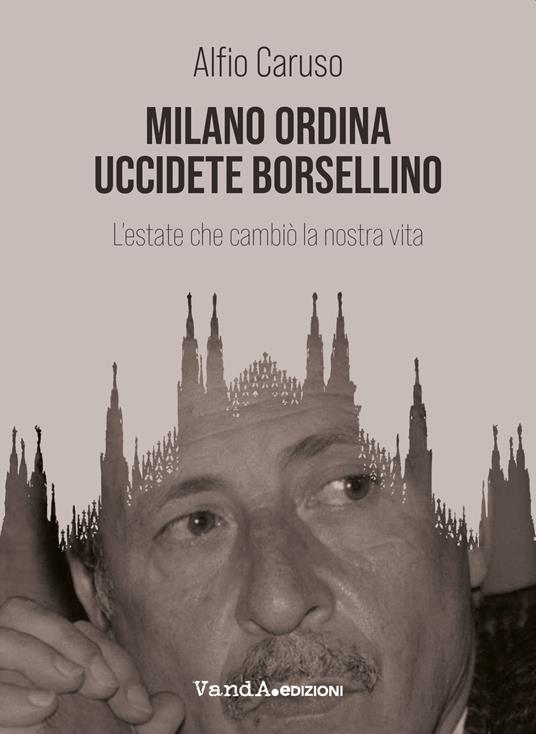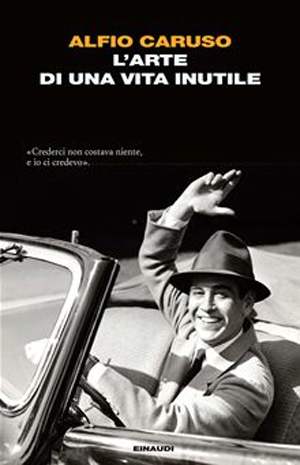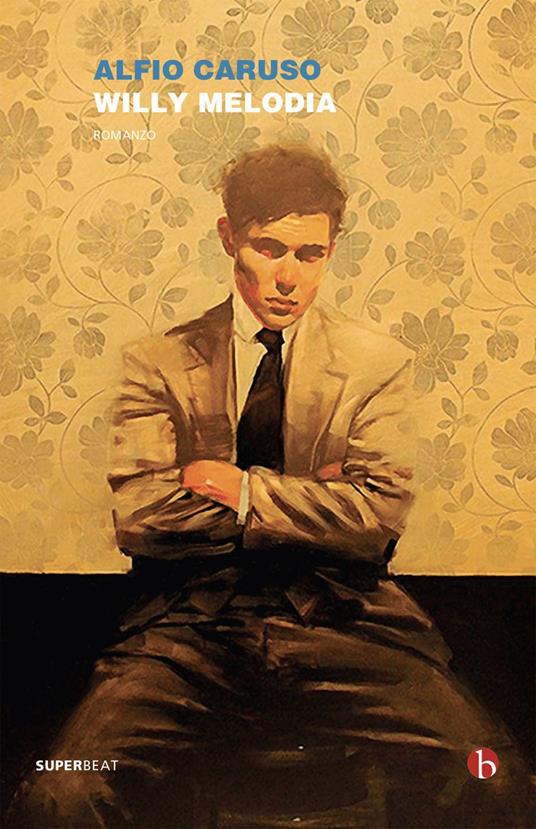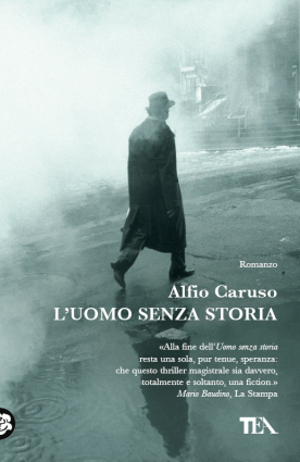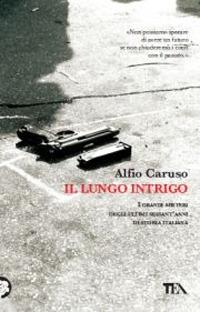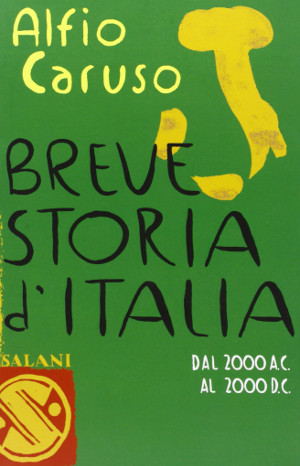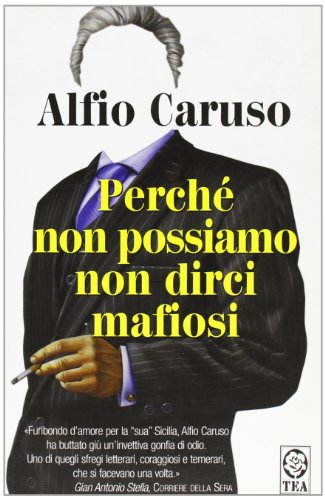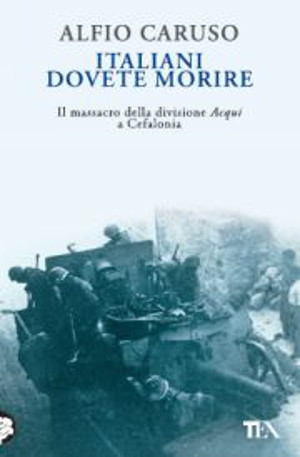A Brief History of Sicily
Alfio Caruso
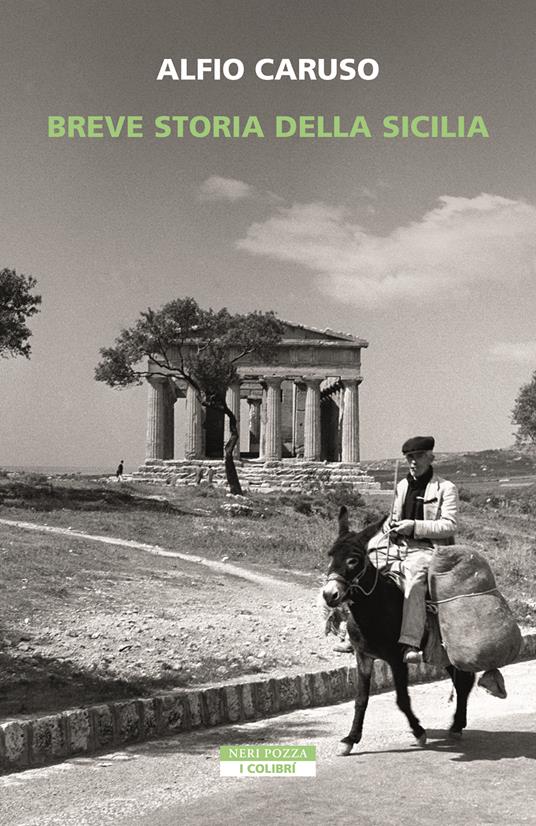
Neri Pozza
Year: 2023
Pages: 304
In this engaging narrative, journalist and historian Alfio Caruso takes the reader on a journey into the heart of an island that has encompassed the noblest and darkest pages of Italy’s history.
Sadly, Sicily is best known for The Mafia, but its history is richer than any other island. Invaded by all and vanquished by none, the history of Sicily is one of constant struggles. Uniquely situated between East and West, Sicily has distinguished itself as a land of astonishing coexistence between Christians, Muslims, and Jews. Frederick II, who created the concept of a unified Italy, made Sicily the center of a cosmopolitan empire, where both Europeans and Muslims were irresistibly lured. There, he created the first school of poetry and a vernacular language. It has been ruled by the Siculians, for whom it is named, followed by the Phoenicians, Greeks, Romans, Byzantines, Arabs, Swabians, and Normans, Royal and imperial dynasties, like the Aragons, Angevins, Hapsburgs, Bourbons, and lastly the Piedmonts under the protective mantle of the British Empire, which allowed Garibaldi to invade and unite the country.
To have seen Italy without having seen Sicily is not to have seen Italy at all, for Sicily is the clue to everything.
Johann Wolfgang Von Goethe, 1787
Alfio Caruso: an author intolerant of clichés and faithful to irrefutable truth.
the Repubblica


